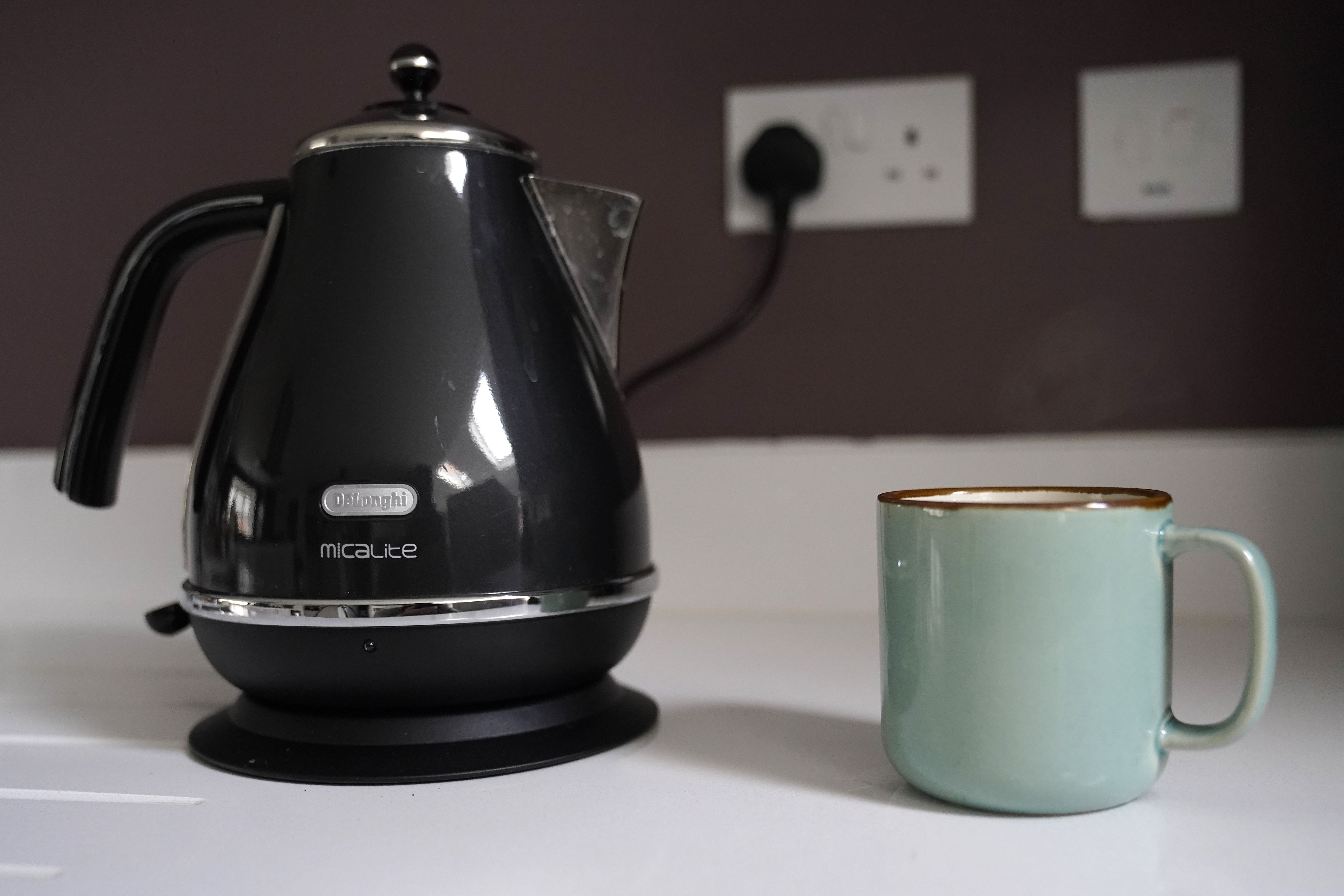Energy bills rise to record-high levels as price cap lifted
Amount that household pays for each kilowatt hour of electricity it uses will rise to 34p

Your support helps us to tell the story
From reproductive rights to climate change to Big Tech, The Independent is on the ground when the story is developing. Whether it's investigating the financials of Elon Musk's pro-Trump PAC or producing our latest documentary, 'The A Word', which shines a light on the American women fighting for reproductive rights, we know how important it is to parse out the facts from the messaging.
At such a critical moment in US history, we need reporters on the ground. Your donation allows us to keep sending journalists to speak to both sides of the story.
The Independent is trusted by Americans across the entire political spectrum. And unlike many other quality news outlets, we choose not to lock Americans out of our reporting and analysis with paywalls. We believe quality journalism should be available to everyone, paid for by those who can afford it.
Your support makes all the difference.Families have been urged to take a photograph of their meter reading and do what they can to cut their energy use as prices spike from Saturday.
The amount that a household pays for each kilowatt hour of electricity it uses has risen to 34p from the already record 28p that families pay.
Gas prices are going from 7p to 10p per kilowatt hour under the new price cap.
It means that the typical household in the UK will spend around £2,500 on its energy bills – but those that use a lot of gas and electricity will naturally pay more.
Just a year earlier gas had cost 4p per kilowatt hour for customers on the price cap and the charge for electricity was 21p.
Ofgem said that people should take a picture of their energy meters, and submit it to their suppliers.
But after a massive surge in people submitting readings caused problems at many suppliers, the regulator stressed that people did not need to all submit their readings on Saturday.
“If you’re planning to submit your meter reading by October 1, you can submit it a reasonable time after,” the regulator said.
Charities National Energy Action and the Food Foundation warned that the number of households in fuel poverty has increased from 4.5 million a year ago to 6.7 million now.
Dominic Watters, a single father in the south of England said that there is fuel and food poverty on his council estate, the charities said.
“The poor have been in a cost-of-living crisis long before the term was popularised and now these fuel price rises are driving us deeper into despair,” Mr Watters told them.
“When the electric is on emergency I live in a state of emergency, not knowing if I’ll be able to cook the food, boil the kettle, wash my daughter’s uniform or even have a shower.”
Laura Sandys, chairwoman and founder of the Food Foundation said: “For this winter, it may no longer be a question of heating or eating for many households; the cost-of-living crisis and energy bill increases will see children living in homes where there is no longer that choice – they will both go hungry and be cold.”
The Resolution Foundation think tank said that it was those in the leakiest homes that will struggle the most this winter.
Bill increases will be twice as large for those in poorly insulated homes than for those with energy efficient properties. Rural homes, which are typically larger and worse insulated, will also cost more to heat.
Jonathan Marshall, a senior economist at the think tank called on the Government to help people reduce their energy use in the long term.
“While the scale of support is hugely welcome, millions of households will remain exposed to unaffordable energy costs.
“People living in poorly-insulated homes will see bill increases this winter that are more than double that for families in well-insulated homes.
“And while the government has made the right call on short-term intervention on prices, in the longer term incentives to reduce consumption will become increasingly important.”
Experts say there are many ways to cut down on energy costs this winter.
One of the easiest ways, which will not reduce the warmth in your home, is to ensure that the flow temperature of your condensing gas boiler is turned to its optimal level.
This can help the boiler operate at its most efficient. Turning down thermostats can also save cash, although should only be done if the temperature inside remains safe.